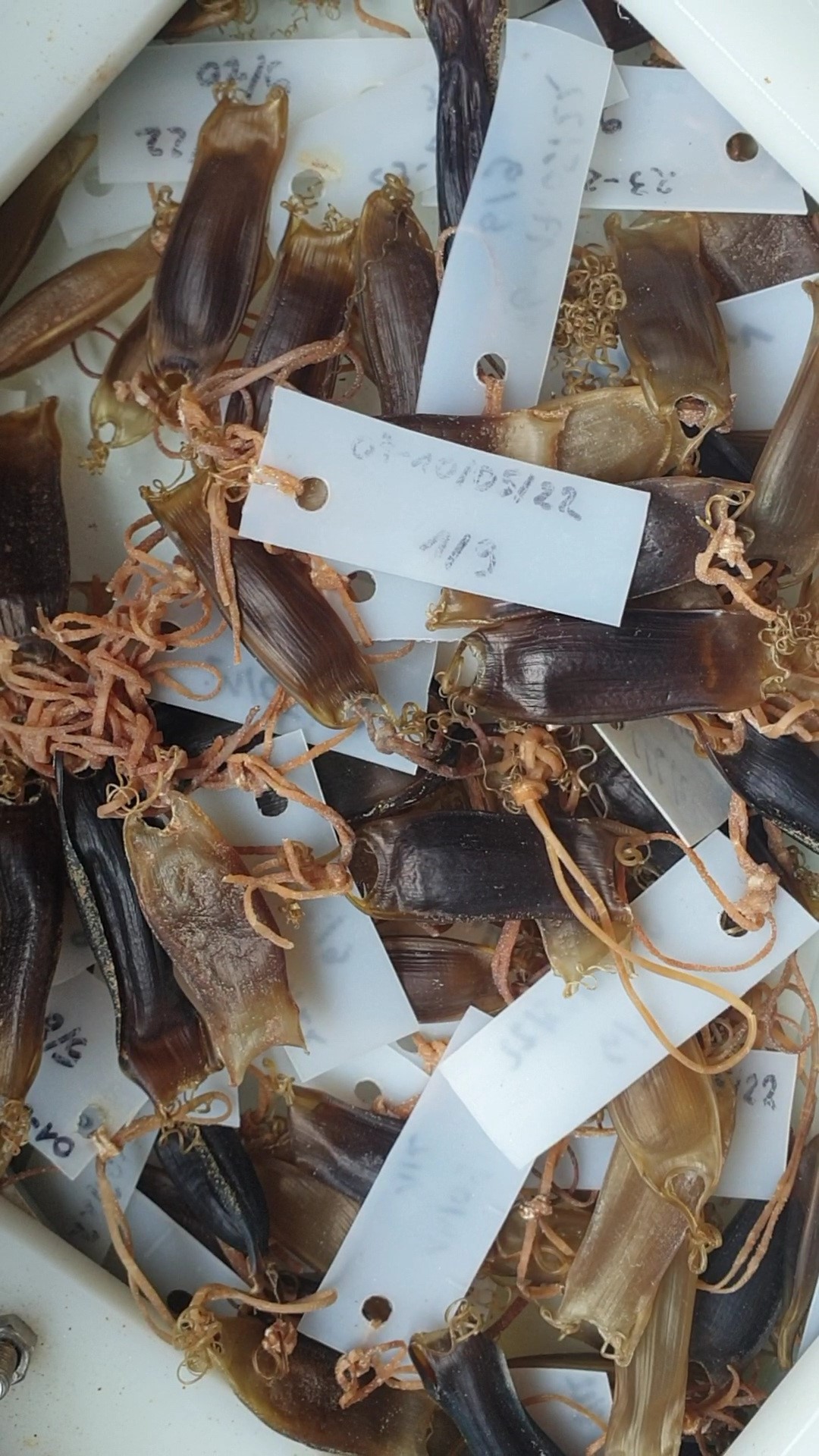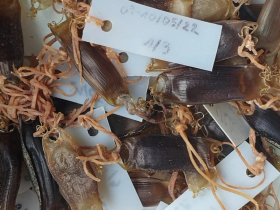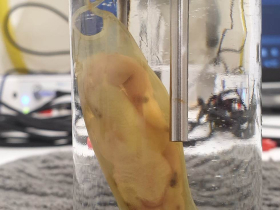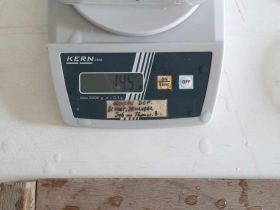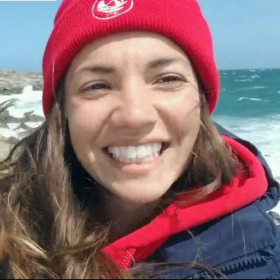Bringing up baby: shark embryos and our warming oceans
Bringing up baby: shark embryos and our warming oceans
Bringing up baby: shark embryos and our warming oceans
Key objective: The main objective of my project is to examine the effects of water acidification and warming on the development, physiology and behaviour of small-spotted catshark embryos and juveniles in an integrated study.
Why is this important: Elasmobranchs have long been considered insensitive to changes in the environment and their vulnerability to climate change has been overlooked, even though such change is likely to increase existing anthropogenic pressures on their communities, particularly by affecting young stages. Since sharks and rays are key species in the marine environment, a sharp decrease in the number of individuals reaching adulthood could lead to the collapse of these species and the balance of the marine food web.
Background: In oviparous shark and ray species, development of the embryo can last several months and is the most vulnerable stage because the eggs are incubated at the temperature of the surrounding water from when they are laid to when they hatch. They open to the environment for about the last two-thirds of the embryo’s development, during which time there is an active exchange of water with the (acidified) water of the external environment. The small-spotted catshark (Scyliorhinus canicula) is a widely distributed species in the north-eastern Atlantic that is not threatened with extinction. Why study it then? Ultimately, we believe that showing effects on a species that is widely distributed in this area will raise awareness of the fragility of species that do not possess as much ecological versatility to climate change and will help managers and policy-makers to take proactive measures. To this end, the project aims to test the combined effects of water acidification and warming on development, physiology and behaviour in an integrated study that proposes to analyse species’ responses to two ‘Shared Socio-economic Pathways’ scenarios of global socio-economic changes projected to 2100.
Partner: Aquarium Marin de Trégastel
Project coordinator: : Noémie Coulon, noemie.coulon@mnhn.fr ; Alexandre Carpentier, alexandre.carpentier@univ-rennes1.fr ; Eric Feunteun, eric.feunteun@mnhn.fr
Contact: Noémie Coulon, noemie.coulon@mnhn.fr

